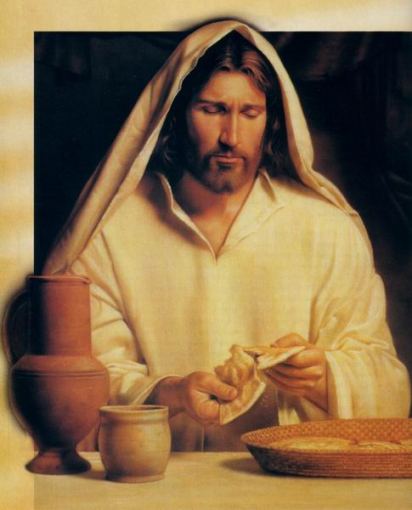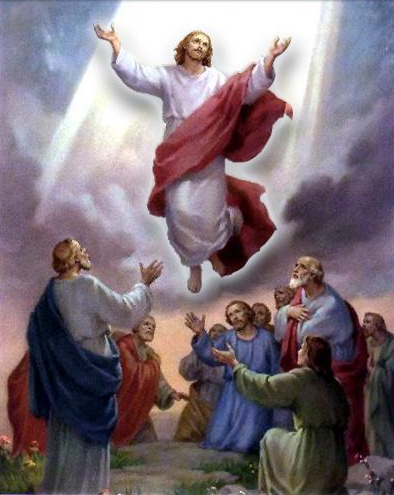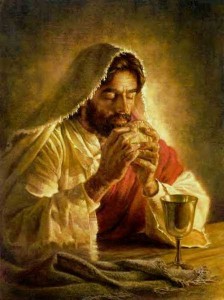
The Holy Spirit’s Ministry in the Book of Acts
But you will receive power when the Holy Spirit has come upon you, and you will be my witnesses in Jerusalem and in all Judea and Samaria, and to the end of the earth.
Acts 1:8 (ESV)
Biblically, the experience of the Baptism of the Holy Spirit can be described by the phrase, “one baptism, many fillings.” All believers are indwelt by the Holy Spirit at conversion, but presently they may not be experiencing all his presence, benefits, power, and gifts. Therefore, renewal is needed as we seek to obey Paul’s injunction, “Be continuously filled with the Holy Spirit” (Eph. 5:18).
1. “Baptized”-The baptism of the Holy Spirit is an overwhelming experience of the Spirit’s presence, power, and purity: a total submergence within the person of the Holy Spirit. This individual experience is instantaneous and may be reoccurring. The Baptism refers to the initial work of the Spirit in uniting believers to Christ as well as on-going encounters with the Spirit bringing refreshment and strengthening in the Christian life (Mark 1:8; Acts 11:16).
2. “Filled”-The phrase, “to be filled,” points to an inner penetration or pervasion of the Spirit into my whole being as a believer. Also, “release” and “infilling” are terms which express the Spirit’s work of totally, inwardly occupying a believer’s heart and life (Acts 1:4; 9:17).
[It should be noted, that “baptized” and “filled” are the same event and denote the totality of the Spirit’s working both within and without in the believer’s life.]
3. “Outpouring”-The outpouring of the Holy Spirit suggests an overwhelming experience of the Spirit’s person and presence as well as to the idea of abundance (i.e., without limitation) (Joel 2:28-29; John 3:34; Acts 2:17-18, 33; 10:45).
4. “Falling of the Spirit”- Falling connotes suddenness, forcefulness, and power (Acts 2:21; 8:16; 10:44).
5. “Coming Upon” or “Clothed With”- To be clothed with the Holy Spirit expresses an active, continuing endowment of the Spirit: possession by and investiture with the Holy Spirit (Luke 24:49; Acts 1:8; 19:6).
J. R. Williams, “Baptism in the Holy Spirit” in The New International Dictionary of Pentecostal and Charismatic Movements, Revised and Expanded, ed. Stanley M. Burgess (Grand Rapids, MI: Zondervan, 2002), 355.
When we are baptized with the Holy Ghost self is effaced in a glory of sacrifice for Jesus and we become His witnesses. Self-conscious devotion is gone, self-conscious service is killed, and one thing only remains, Jesus Christ first, second, and third.
Oswald Chambers, Bringing Sons into Glory : Studies in the Life of Our Lord (London: Marshall, Morgan & Scott, 1996), 41.









